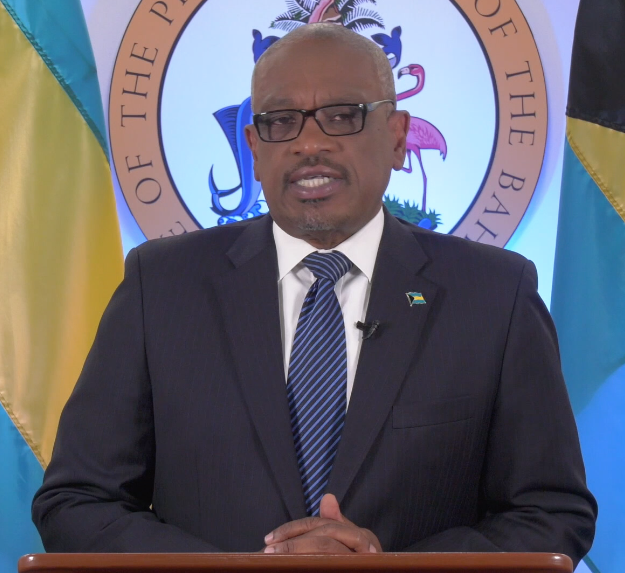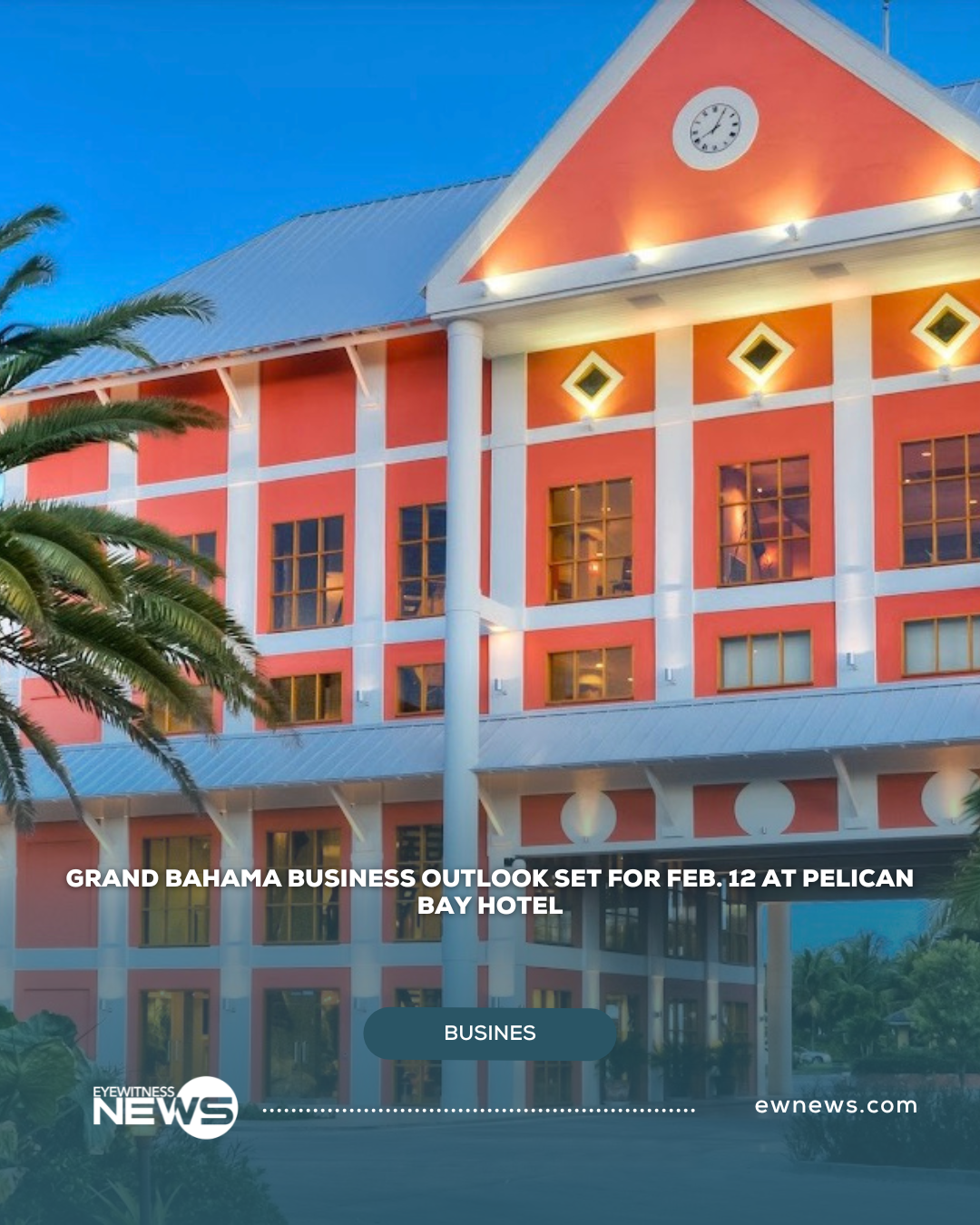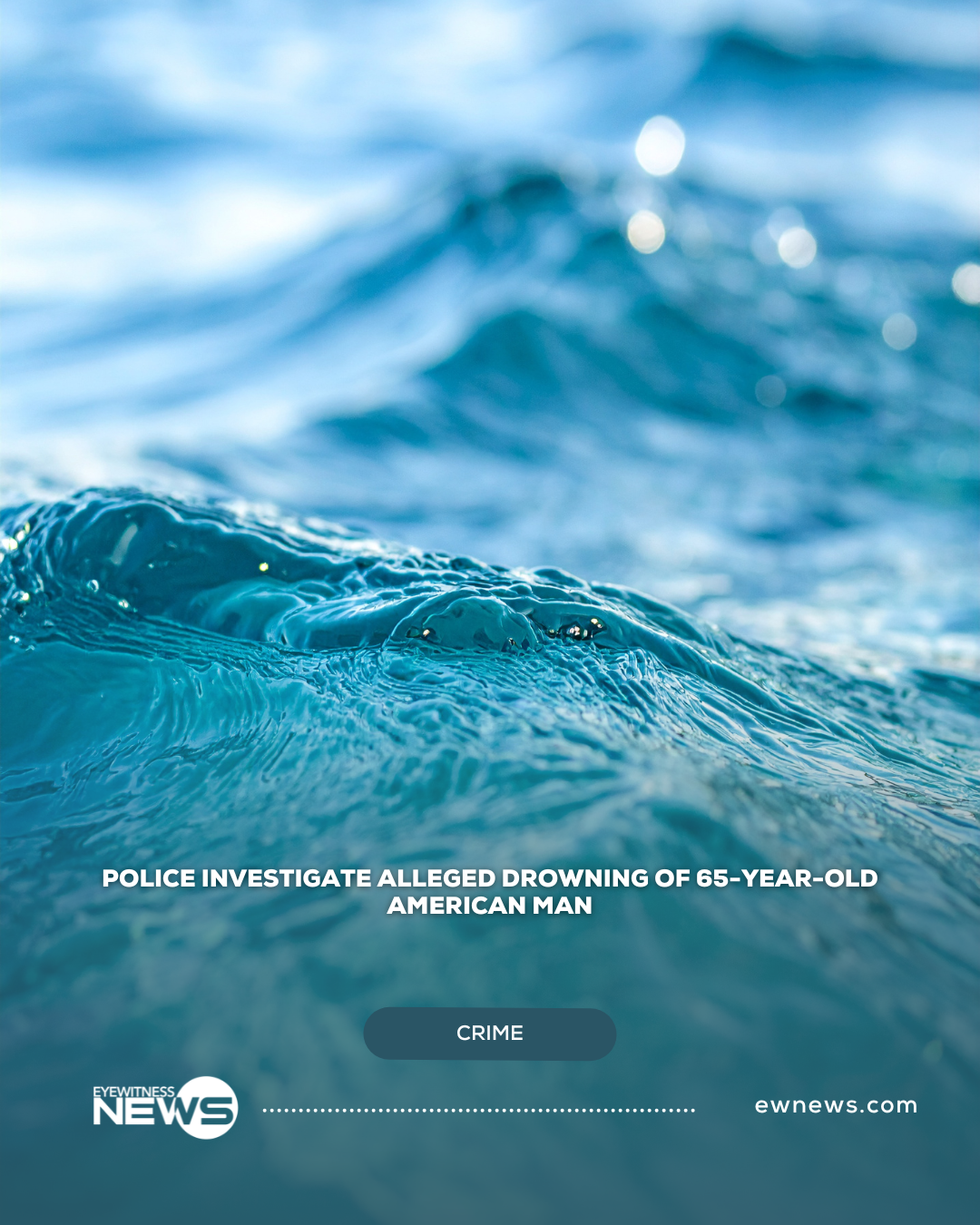NASSAU, BAHAMAS — Prime Minister Dr Hubert Minnis underscored Bahamians of Haitian descent living in unregulated communities are entitled to Crown Land opportunities as he foreshadowed an expansion of the government’s land program.
Speaking directly to that community, Minnis urged Bahamians of Haitian descent in the country not to refer to themselves as “Haitian-Bahamian” but simply Bahamians as they are constitutionally entitled.
The prime minister made the comments as he opened the mid-year budget debate in the House of Assembly on Monday.
He explained that the land program will not be confined to New Providence, but also on several Family Islands, including hurricane-hit Grand Bahama and Abaco.
“We are already looking at land in the Murphy Town (Abaco) area to do a similar project. We also recognize that individuals in Abaco and Grand Bahama have undergone a lot more stress turmoil than us in New Providence and other Family Islands.”
He continued: “They were hit with Dorian and then COVID, which would have impacted them economically even more than the other Family Islands, and knowing that their employment status would have changed, it’s only fair that the land sold to individuals in Abaco or Grand Bahama should be even less.”
The prime minister noted there were existing challenges on Abaco, referring to The Mudd shantytown community that was flattened by Dorian.
Minnis said: “But I want the Bahamians to hear there are many individuals who are living in these so-called dilapidated facilities of Haitian descent within Abaco or New Providence, many are regularized, many are Bahamians and they, too, are entitled to land also.
“So that they can move out of such squalor conditions in the proper facilities. So that when and if they are hit by any hurricane, they are protected.”
Minnis added: “The only thing I ask of them, and I’m sure they are listening, the only thing I ask of them — we are Bahamians. We are not Haitian-Bahamians; we are Bahamians, and therefore that’s the name and the brand we will carry.
“And they are entitled to land within the subdivisions created within the Bahamas, be it in Inagua, be it in New Providence or wherever. They are Bahamians under the Constitution.”
Currently, Article 7 of the Constitution states that a person born in The Bahamas after independence, “neither of whose parents is a citizen of The Bahamas shall be entitled, upon making application on his attaining the age of 18 years or within 12 months thereafter to be registered as a citizen of The Bahamas”.
The Constitution does not prescribe what happens to these individuals before their 18th birthday, or after their 19th birthday.
Additionally, Article 9 of the Constitution states that a person born legitimately outside The Bahamas to a Bahamian mother is not automatically granted citizenship, but has a right to apply from their 18th birthday to their 21st birthday, to be registered as a citizen.
The Constitution also does not clearly state what happens before these people reach age 18 and after they reach age 21.
Last May, the Supreme Court delivered a historic ruling in separate applications for declarations over the true interpretation of Article 6 of the Constitution, which deems that “every person born in The Bahamas after 9th July 1973 shall become a citizen of The Bahamas at the date of his birth if at that date either of his parents is a citizen of The Bahamas”.
On May 25, Supreme Court Justice Ian Winder ruled that children born out of wedlock to foreign women and Bahamian men are entitled to citizenship at birth.
The Office of the Attorney General has appealed the ruling “in the public’s interest”.
All five judges of the Court of Appeal will sit to hear the appeal on March 4 and March 5.
The draft Nationality, Immigration and Asylum Bill, 2018 seeks to address long-standing issues surrounding statelessness and the right to pass on citizenship.


















